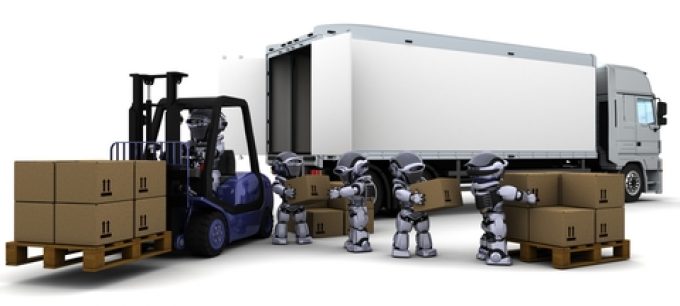US land transportation – shippers in charge for longer
Fast forward

An alternative, tech-based way of using trucking is gaining traction in the US.
Shipments too small to fill a truck have traditionally been the domain of the less-than-truckload (LTL) market, now San Diego-based Flock Freight is leveraging technology to open an alternative that allows multiple shippers ...

Comment on this article